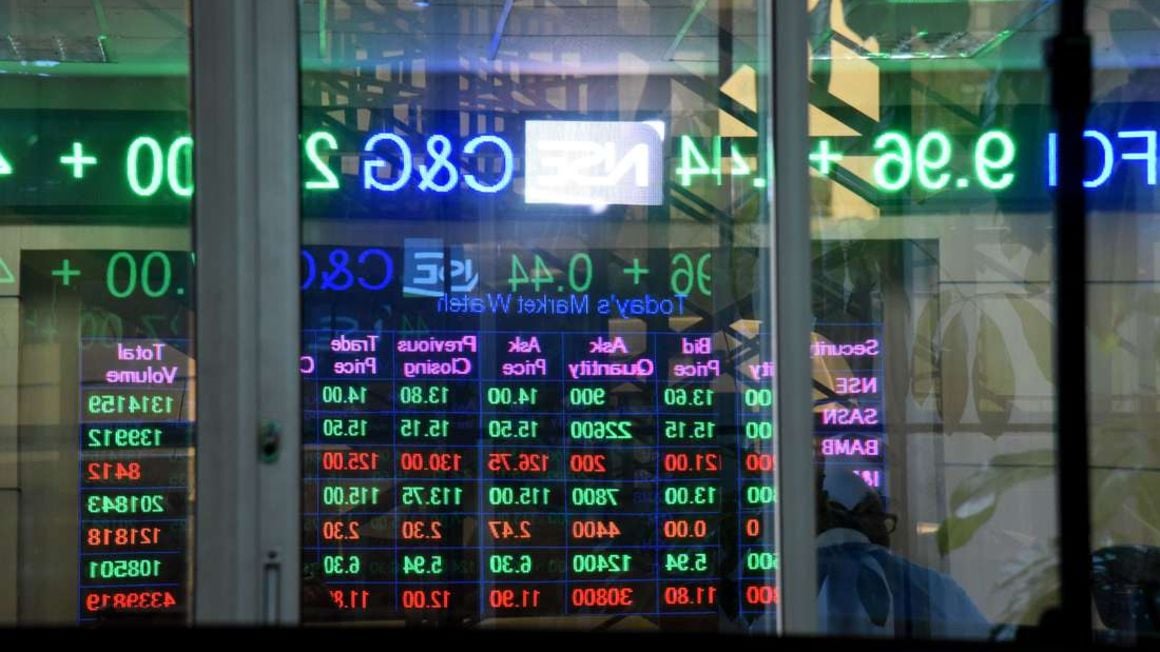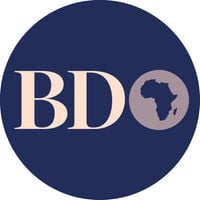
Foreign investors looking to put capital in bank stocks at the Nairobi Securities Exchange (NSE) remain wary of the sector’s increasing non-performing loans, despite their current valuations presenting attractive entry points.
Summary
- Foreign investors looking to put capital in bank stocks at the Nairobi Securities Exchange (NSE) remain wary of the sector’s increasing non-performing loans, despite their current valuations presenting attractive entry points.
- They are worried about the health of banks’ balance sheets, which account for 24.5 per cent of the NSE’s total market capitalisation of Sh2.5 trillion.
EFG Hermes Kenya director of frontier equity sales and head of equities Muathi Kilonzo said on Thursday that investors are eyeing stocks in the banking, insurance and telecommunication sectors this year, raising expectations of reversing last year’s net outflows of Sh28.6 billion.
However, they are worried about the health of banks’ balance sheets, which account for 24.5 per cent of the NSE’s total market capitalisation of Sh2.5 trillion.
“It is much about the NPLs…the valuations are attractive, but there are other frontier markets that do not have that much in non-performing loan levels,” said Mr Kilonzo.
“Until there is some certainty about it, they (investors) will be slow to expand their investments in banking equities.”
Latest data from the Central Bank of Kenya (CBK) shows that NPL ratio of banks stood at 14.1 per cent in December 2020, the highest since August 2007.
At the onset of the Covid pandemic in Kenya in March 2020, the NPL ratio stood at 12.5 per cent, indicating the difficulties that borrowers faced last year due to the economic disruptions brought about by the pandemic.
On the other hand, investors remain optimistic about the Safaricom stock, according the EFG Hermes, buoyed by the firm’s potential entry into Ethiopia and its ability to continue paying dividends.
Mr Kilonzo added that foreign investors are also keen on success of the ongoing Covid-19 vaccination roll-out, which will play a role in the speed of the country's economic recovery.
“They are looking at the pace of vaccination and availability of the vaccines…this ideally determines how quickly the economy opens up and sectors like tourism can bounce back,” he said.
They are also concerned about government finances, elections and the exchange rate which has a bearing on their returns when converting their hard currency on entry and exit from the market





No comments :
Post a Comment